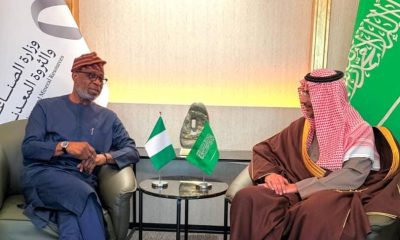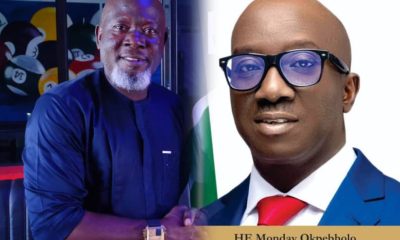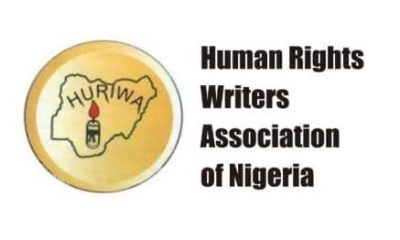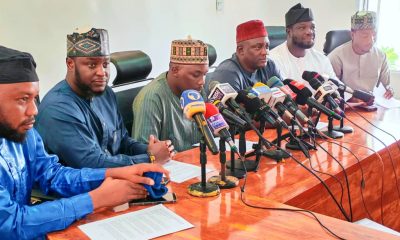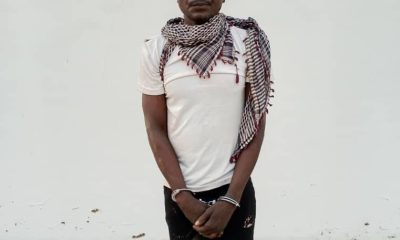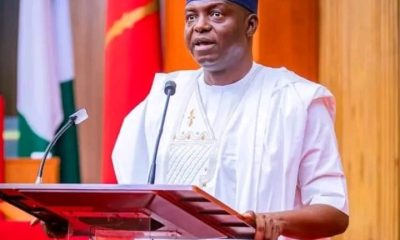Opinion
AD-HOC METHOD AND OUR SUBJECTIVE LEGAL SYSTEM BY DR AUSTIN ORETTE
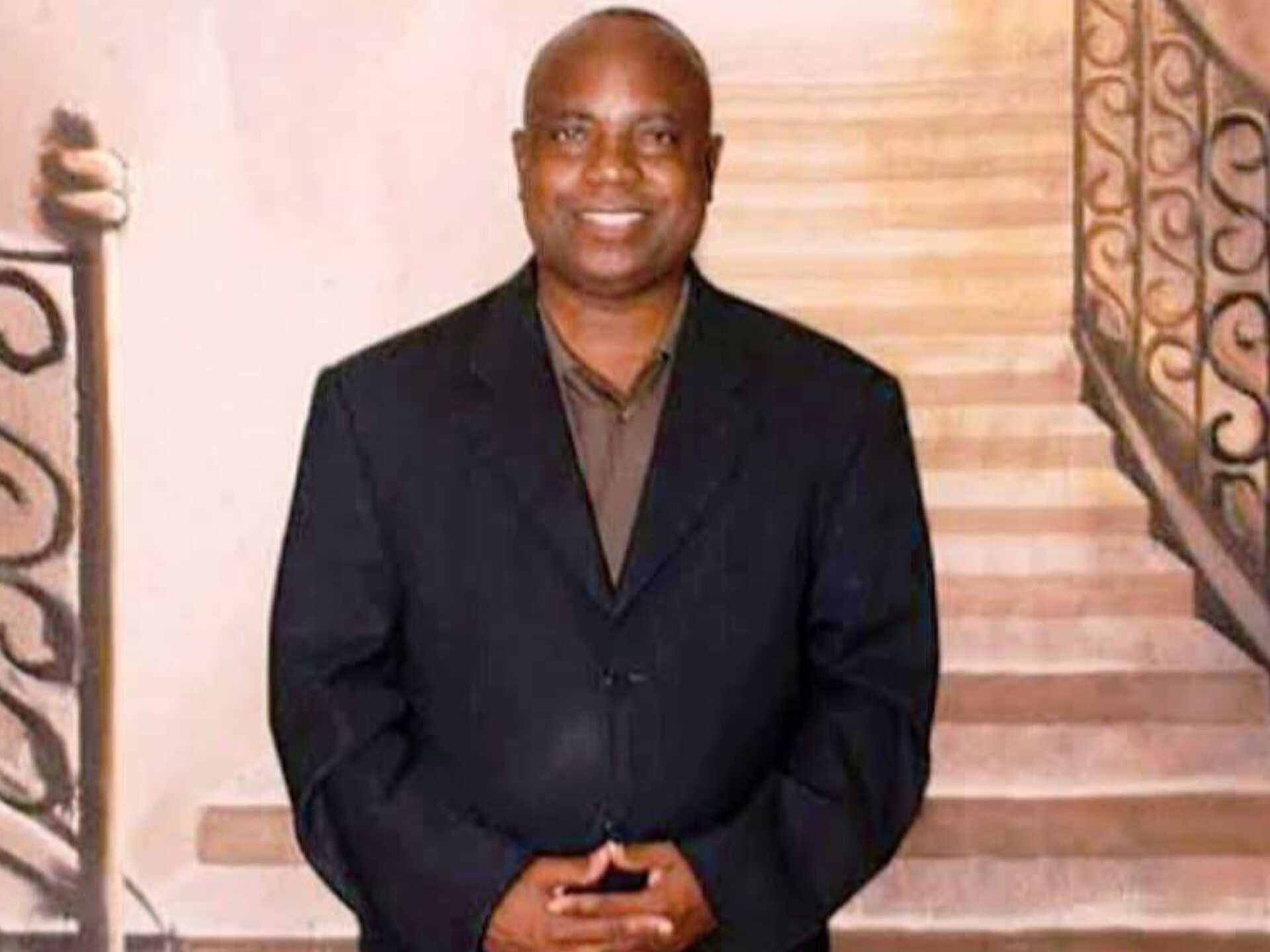
The ad-hoc method of governance has caused us so much that the definition will become clear as I delve into the various scenarios that plague us because of the system bequeathed to us by the military culture.
The military by nature is a force organized towards one aim: winning the war. War is destruction. The only way the military can defeat an opponent is to divide and conquer.
At the heat of a battle when survival is at stake, ad-hoc decision making becomes the rule. This is why disobeying the order of a superior is considered a serious breach of military conduct. This could mean life and death.
While these qualities are to be admired in a force that is set up solely for destruction (war is destruction), they are antithetical to the running of a democratic society. The role of the leader in a democratic society is to build. Building requires consensus and not a top-down approach.
When ad-hoc decisions are made in democratic governance, it leads to the breakdown of the rule of law and the personalization of power that leads to anarchy. This is why it is dangerous for those who aspire to democratic governance to use military tactics to achieve results.
The ad-hoc method of the military erodes the rule of law and leads to personalization of power and dictatorship that cannot withstand democratic interrogations. This is why military take-over is always a mirage created by power hungry soldiers. Any nation that looks towards the military for governance will always experience death and destruction and the stagnation of intellect that leads to national decay.
Sooner or later, they will self-destruct as there will eventually be a breakdown of law and order. This is what happened to Nigeria.
As a result of the lengthy time the military occupied power in Nigeria, a generation of people grew up and only know how things are done under a military regime. They mistake every motion for movement, and they have become docile and cannot interrogate the actions of those they elected. Those they elected now behave like the soldiers they replaced. They are hostile to debates and they see every opposition as an existential threat and recruit hooligans to physically hurt their opponent.
The stories abound all over the country where politicians send their aides to beat up journalists. They, like the military, will start personalizing power like the soldiers. Sooner or later, the opposition is decimated, and debates are abrogated and the leader becomes a dictator.
We go to war against each other when we are supposed to be united for a common purpose. All our proclivities of ethnic and religious chauvinism are accentuated. The leader and the people also become more anti-intellectual and will long for a simpler time when the military will just bring everything into existence by ad-hoc method.
In the case of Nigeria, the citizens start yearning for the good old days when they enjoyed the sweet wine of Egypt. The Nigerian soldier who is still adjusting to his new role out of government starts thinking of themselves as a government in waiting. They could strike at any time, and they would say they were invited to prevent the chaos. The citizens will jump into the street and hail them as saviors. Like the children of Hamlin, they start the sonorous journey to the river.
Democratic self-governance is the most difficult form of government because it requires the active participation of the citizens. To be a good citizen in a democracy, you must equip yourself with knowledge to participate in the process. Democracy cannot survive in a sea of unenlightened citizens who will trade their votes for little favors.
You must understand that the rule of law is the pinnacle of democratic governance. The citizens must have as much stake in the process as the leaders. They must develop independence and fortitude.
You must understand that the journey of democracy does not begin and end at the polling station. You have the responsibility to associate with other like-minded people to ensure that every policy and process is backed by the rule of law.
You must continue to arm yourself with the knowledge to secure and safeguard the freedoms that can be threatened by leaders who have no respect for the rule of law.
In some cases, you have to wake up early to wake up others. We have to think anew and reimagine our country.
Every election time is a time for renewal. The journey of democracy is a continuous process. This is why I do this. Maybe my musings may wake up one person. For me, it is a journey of patriotism and love. For anyone to suggest that I should not comment because I am not in Nigeria is a form of nihilism that comes from despair.
The Nigerians in the diaspora are one of the most patriotic groups of people I know. They support their country in words and deeds. The diaspora has been carrying Nigeria on their backs and cushioning Nigerians from the serious blows of a centralized and mismanaged economy. They have the knowledge, and they have the right to speak on any topic in Nigeria.
The fact that the conditions in Nigeria are not optimal should never be an indictment of the people in the diaspora. It is your responsibility to use your proximity to assist in addressing the conditions by engaging your fellow citizens on how to choose good leaders who will reflect your aspirations. Casting aspersions at those who are trying to light a candle is a negative quotient.
I will draw the line on AD Hominem attacks. Debate the subject, not the person. If you can’t do that, I suggest you move to another country, Like Biafra where Nnamdi Kanu can insult you for free.
DR AUSTIN ORETTE WRITES FROM HOUSTON, TEXAS

